Oscar Piastri’s emotional reaction to seeing victory at the British Grand Prix snatched away from his clutches exposed a side to the Australian seldom seen since his ascent to F1.
The McLaren driver had to settle for second place at Silverstone, whilst Lando Norris profited from his race-deciding 10-second time penalty.
It was a controversial call from the stewards, one that has divided opinion. To many, penalising Piastri for his actions at the second safety car restart – or at least the extent of the punishment – was unjust.
The biggest question being asked in the aftermath was: Why did Piastri get punished for a sudden braking event behind the safety car at Silverstone, whilst George Russell avoided punishment for doing the same at the Canadian Grand Prix?
There are multiple distinctions to be drawn between the two incidents. Firstly, the seven-time grand prix winner's braking pressure was almost twice that of the Mercedes driver (59.2 psi to 30 psi).
Secondly, it occurred in wet, low-visibility conditions. It was considerably more dangerous and the chain reaction concertinaed through the pack; Nico Hulkenberg almost ploughed into the back of Lance Stroll - imagine!
Lastly, the safety car's lights had gone off, restoring control to Piastri in preparation for a restart, whereas Russell's case was behind a safety car still determining the pace. A small piece of a wider picture, but enough to change the scenario.
It is within the final point where extenuating circumstances could be found; the safety car lights went out late, and just as the McLaren driver was accelerating.
He did not want that to be interpreted as him resuming the race - which would have been even more dangerous given the position of the safety car, which would have quickly been flooded by the pack - so he braked.
Although the counterpoint to that is that Piastri could have eased off the throttle and allowed the safety car to clear, a heavy braking event was not required.
Previously in The Scoop
Max Verstappen – often hungry to point out the indiscretion of a rival – made a meal out of it, too. That didn’t help matters, but the Dutchman is hardly alone in being an opportunist when it comes to such things.
Despite that, the Red Bull driver called the penalty "extreme" as he defended Piastri in his post-race remarks.
The Australian was understandably aggrieved given the situation, but contentious severity of punishment or otherwise, unfortunately for the 24-year-old, the officials had him bang to rights on the penalty itself.
Whether a mitigated five-second time penalty would have been more befitting of the scenario or not, it is difficult to know how it would have influenced the race or if it would have altered the result.
The 14-point swing flipped what would have been a healthy 22-point advantage over his team-mate into just an eight-point lead at the halfway mark in the season - it's a hardly comfortable situation.
However, it is Piastri's visible and palpable anger elicited by the incident that could be of the most benefit to Norris; the stewards' decision got under the former's skin, uncovering a chink in his armour, one open to potential exploitation from the latter.
A developing vulnerability?
Unfazed. Unflappable. Ice running through his veins. All used to describe Piastri over the course of the current campaign, all contrasted against Norris, who has shown weakness and become error-prone.
Over recent rounds, mistakes, albeit small ones, have crept in for the championship leader, too. More consequentially, though, is witnessing him be rattled, for the first time in a long time.
His radio message aimed at his former team, Alpine, during the Austrian Grand Prix, was a preview, but his parc ferme interview with Jenson Button was telling.
"I'm not going to say much," Piastri said. "I'll get myself in trouble. Apparently, you're not allowed to brake behind the safety car anymore. I did it before for five laps."
Conversely, Norris held it all together in a situation he might otherwise have crumbled in. The pressure was high in front of his home fans, and an important championship points swing on the line.
His team-mate had been quicker all race, but successful title challenges are built on finding a way to win when your opponent is faster, and Norris didn't put a foot wrong. He seized the opportunity when it came, and he did what he needed to do.
The field is thinning, Verstappen and Russell are falling away. At a certain point, Piastri and Norris will stand alone, and the gloves will surely come off.
Norris' glimmer of hope
The saving grace and upside for the Australian, he was able to stay focused and still get the most left on offer, and he showed his capacity to think strategically despite the aggravation.
McLaren disagreed with the penalty, and he knew that. In a real put your money where your mouth is moment, he suggested his and Norris' positions be inverted, having served his punishment, despite not reasonably expecting the team to agree.
"I thought I would ask the question. I knew what the answer was going to be before I asked, but just wanted a small glimmer of hope that maybe I could get it back," he explained. "But no, I knew it wasn't going to happen."
Whilst it was cheeky, team principal Andrea Stella's response cut to how McLaren is managing its two drivers, a key ingredient in the intra-squad battle itself.
"As part of the way we go racing together as a team, and with Lando and Oscar, we always tell our drivers: 'Don't keep things in the back of your mind when you drive'," the Italian said.
"If you have a point, if you have a suggestion, if you want to let us know what you're thinking, just say it. And then we will evaluate... We will make a decision. We will come back to you.
"So I think what Oscar did is exactly what we incentivise our drivers to do. He communicated, he expressed his opinion, which we evaluated.
"In reality, the way we manage the situation, given the penalty, was to allow Oscar, despite the penalty, in case of a safety car, to retain the lead, because if there was a safety car, both guys would have pitted.
"Oscar would have paid the penalty. Lando could have waited. And the two McLarens would have gone out in the same order as they came in.
"But at the point in which we needed to have the transition of the dry tyres, then the penalty was paid, and at that stage we thought that we should just retain the natural order gained through the penalty.
"So I think this was fair for both, and I'm sure that Oscar will understand and agree to this point of view."
McLaren's foundation of fairness between the two seeks to minimise animosity and tension within the team, and every decision it makes is in pursuit of that end, but how much longer can it maintain harmony between the pair?
The field is thinning, Verstappen and Russell are falling away. At a certain point, Piastri and Norris will stand alone, and the gloves will surely come off.
The reigning constructors' champion will do all in its power to prevent the title battle from turning bitter, but it will become increasingly difficult.
At this stage, both drivers insist they want to play fair and let civility prevail, but will that ethos endure at the apex of a championship fight when it is all on the line?
McLaren is doing all it can, but whether consciously absorbed by Norris or not, Piastri showed at Silverstone that his team-mate can get under his skin, if he so wishes; he can be provoked, if necessary.
That is the British driver's glimmer of hope. Can he, and is he willing to, capitalise on it?
Also interesting:
Join RacingNews365's Ian Parkes, Sam Coop and Nick Golding, as they look back on last weekend's British Grand Prix! Oscar Piastri's costly penalty is a major talking point, as is whether Max Verstappen is now out of the F1 drivers' title fight.
Rather watch the podcast? Then click here!
Don't miss out on any of the Formula 1 action thanks to this handy 2026 F1 calendar that can be easily loaded into your smartphone or PC.
Download the calenderMost read
In this article
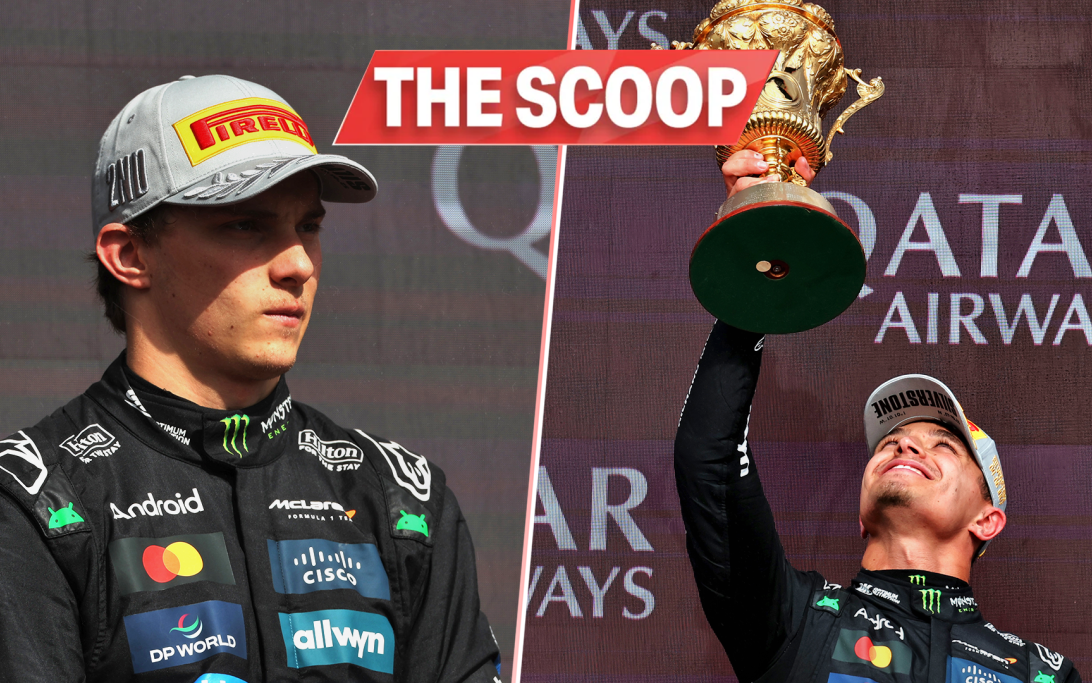
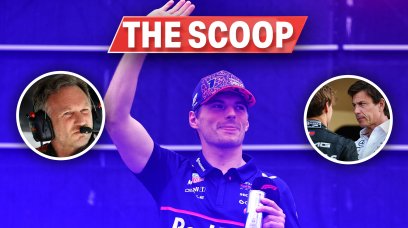
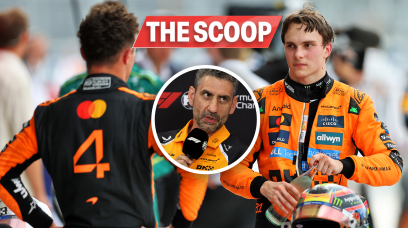
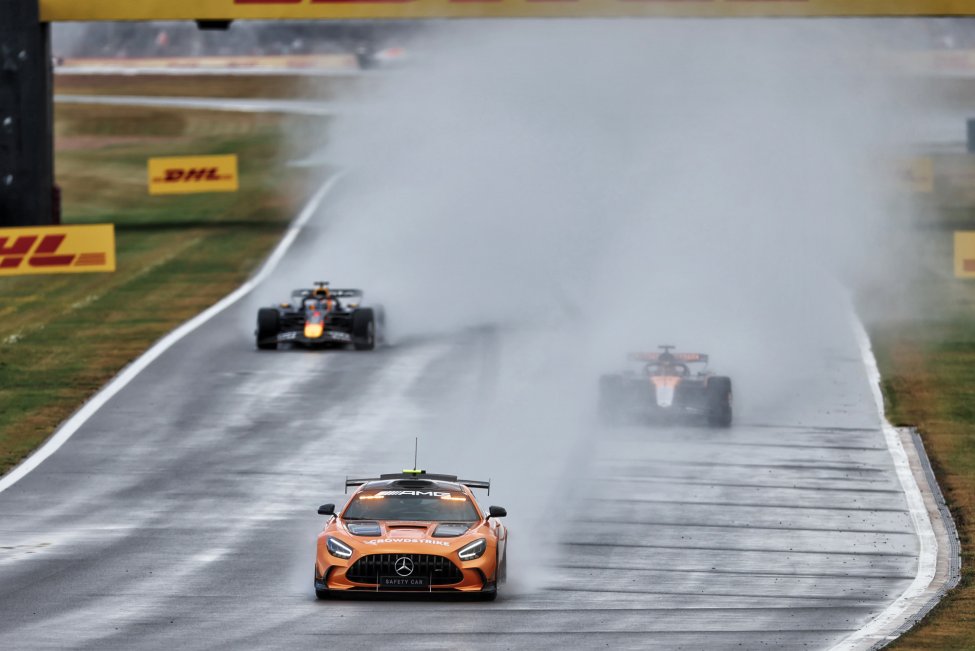
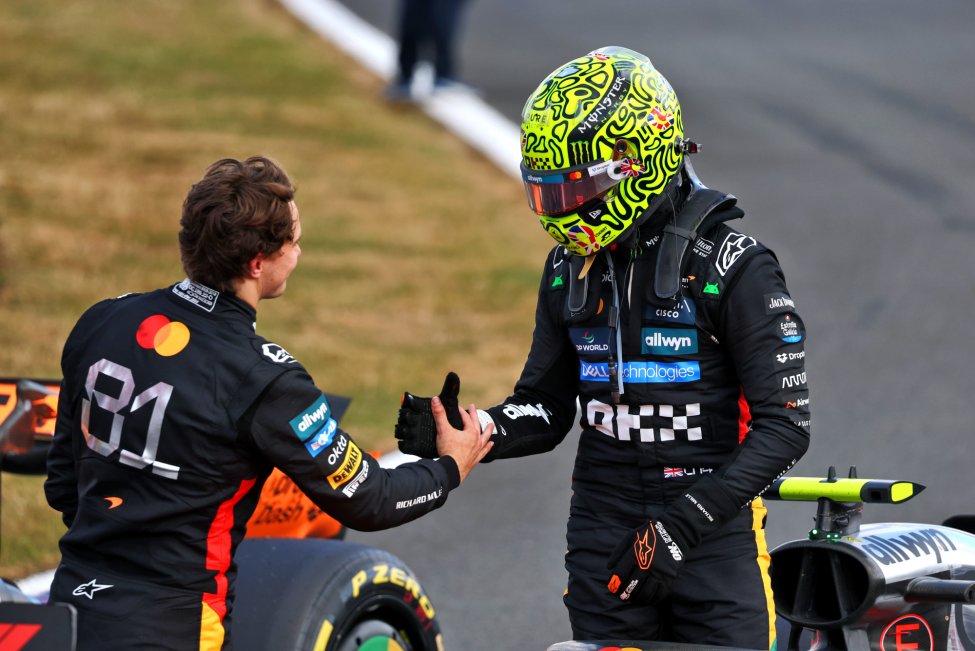


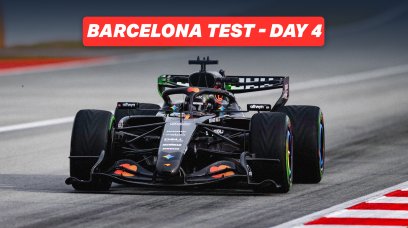
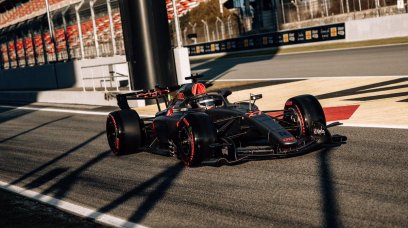
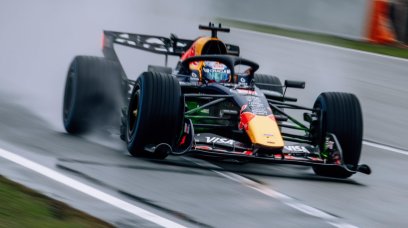
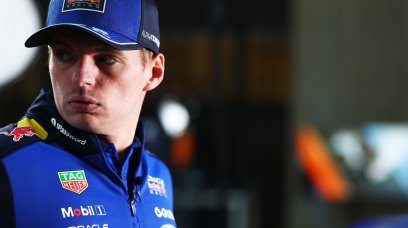
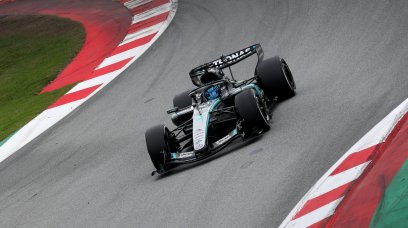
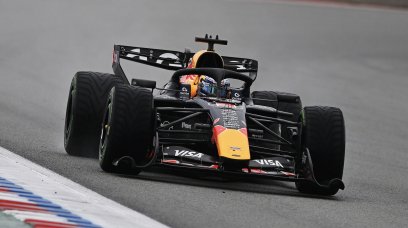
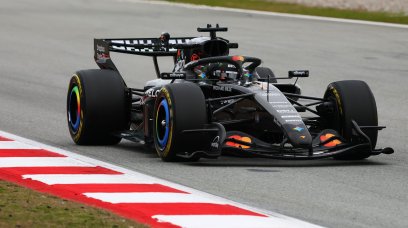
Join the conversation!